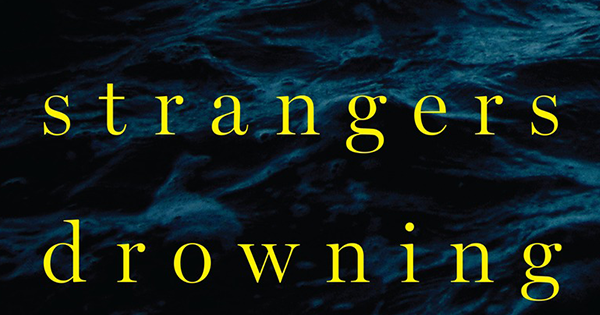Strangers Drowning
A brief excerpt from Larissa MacFarquhar’s new book about extreme virtue

What does extreme altruism look like? For some people, it’s adopting 20 children. For others, it’s giving the better half of one’s salary to charity, donating a kidney to a stranger, or founding and then living in a leper colony. Larissa MacFarquhar chronicles the lives of such people in her new book, Strangers Drowning, while mapping the philosophical and moral quandaries that arise from the overpowering urge to help. What kind of ethical calculations comprise a life of complete moral commitment? What might the contours of those morals be? The title, borrowed from a question from classical ethics, offers a shorthand for understanding the choices that many of MacFarquhar’s subjects would make: saving two drowning strangers, while allowing a family member to die.
Some people try to help one person at a time, and other people try to change the whole world. There is a seductive intimacy in the first kind of work, but it can also be messy and unpredictable. People may resent help that is so intimate, and if the help goes badly, the blunder is personal. Even when the help succeeds, the victories are small and don’t really change anything. The second kind of work is more ambitious, and also cleaner, more abstract. But success is distant and unlikely, so it’s helpful to have a taste for noble failure, and for the camaraderie of the angry few.
Dorothy started out in the first kind of work: she was a nurse. But in the middle of her life she felt that nursing wasn’t enough, she ought to do more, so she took up the second kind—she became an activist protesting poverty and nuclear weapons. She did that for many years, and then she realized that she didn’t like the sort of person who tries to change the whole world. “I was out there doing civil disobedience and all that good stuff,” she says. “It was all sacrifice, all for the cause, personal happiness was not important. We were confronting the powers and principalities, we were going to jail. And then I thought, We’re so serious, all us peace-and-justice people. These people, they can’t have fun, they have to be out on the firing line all the time.” …
In the middle of her life, she was sick of the peace movement, and she was sick of being a brown person in North America, so in the mid-1980s she moved to Nicaragua with her husband, Charles Gray, to work with Latinas like herself. She thought: “The woman who gets up at three a.m. to grind the corn, she’s had thirteen babies, half of whom have died either because of disease or because of the war, and this woman has never had five minutes to realize what sort of a human being she could be, because she’s always cooking and having babies and burying her children—that is the woman I want to work with.”
From Strangers Drowning by Larissa MacFarquhar. Reprinted by arrangement with Penguin Press, a member of Penguin Group (USA) LLC, A Penguin Random House Company. Copyright © Larissa MacFarquhar, 2015.

